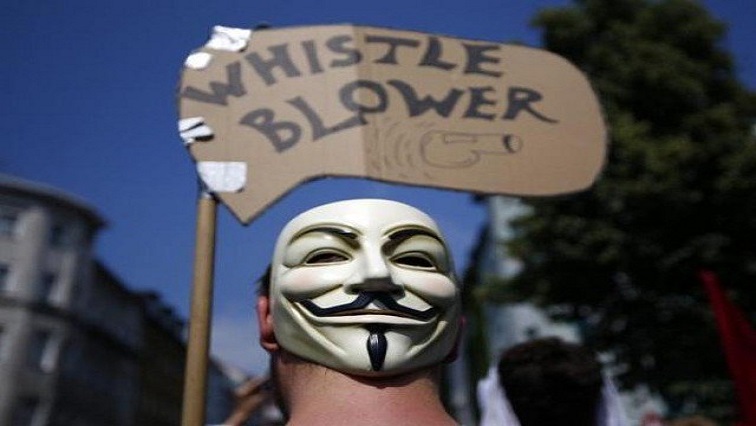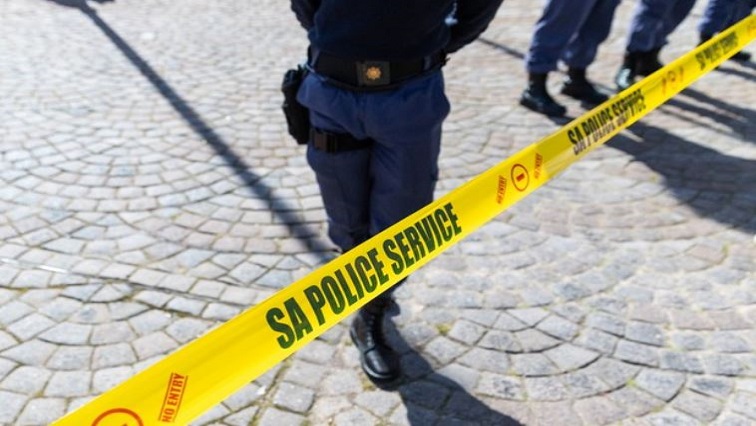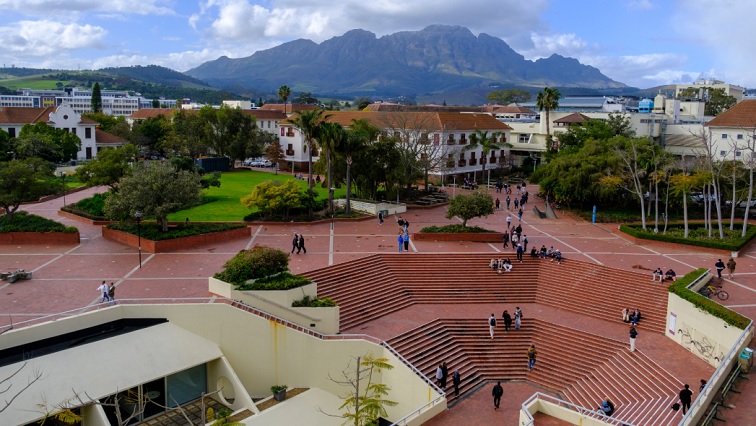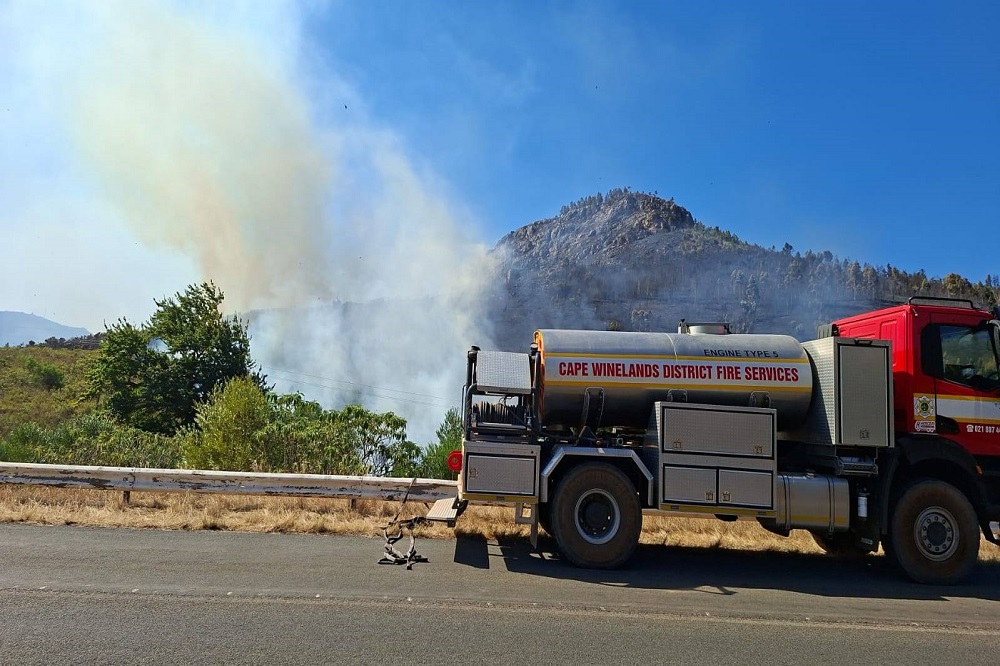-
A man with a mask holding a whistleblower board.
Serious legislative reform is needed to improve the protection of whistleblowers in South Africa.
That’s according to experts during a discussion at the anti-fraud and corruption dialogue in Pretoria. Whistleblowers remain vulnerable after exposing corruption despite existing legislation aimed at protecting them.
The murder of whistleblower Babita Deokaran led to others going into hiding due to safety issues.
Blowing the whistle on crime and corruption in South Africa can have serious repercussion and even lead to death. As a result, many choose not to report corruption. Head of the Special Investigation Unit Advocate Andy Mothibi says in the public sector, the focus tends to be on silencing whistleblowers rather than investigating the allegations.
“There’s a legislation called protected disclosure. That legislation, to that extent regulates, you know, between an employer and employee, right? We need a wider legislation that protects wider whistleblower not just between, you know, the employer/employee. And there’s work that’s going on at the Department of Justice to review the legislation.”
While whistleblowing is important in exposing corruption, it often has severe personal and professional consequences.
Senior Lecturer at UNISA, Dr Sani Gildenhuys says the lack of support will invalidate the fight against corruption.
“Even when they have been dedicated because everyone is sitting inside not everything is ready and right in our organisation too. There are some rules that are being banned. What if we are employing a snitch? That is the attitude, so they don’t fund future employment and that whole attitude of that and the stress and anxiety of going through years and years as a witness. The whole public scrutinizing your life, looking for things that you’ve done wrong. It’s usually stressful to be involved in these matters.”
The Southern African Institute of Government Auditors says that while reviewing the legislation, it might encourage whistleblowing and social and traditional values that aren’t aligned with the legal framework.
The organisation’s Kgothatso Maoko, “Maybe the colonization came with a lot of laws and legislation that we have adopted for the English law. However, the human element of the building has not been, for example, considered principles traditional buildings. The integral, but why is it that this phenomenon it is because we have now moved away and forgetting about our own roots and principles.”
To give another perspective on the plight of whistleblowers, Zimbabwean activist and investigative journalist Hopewell Chin’ono.











